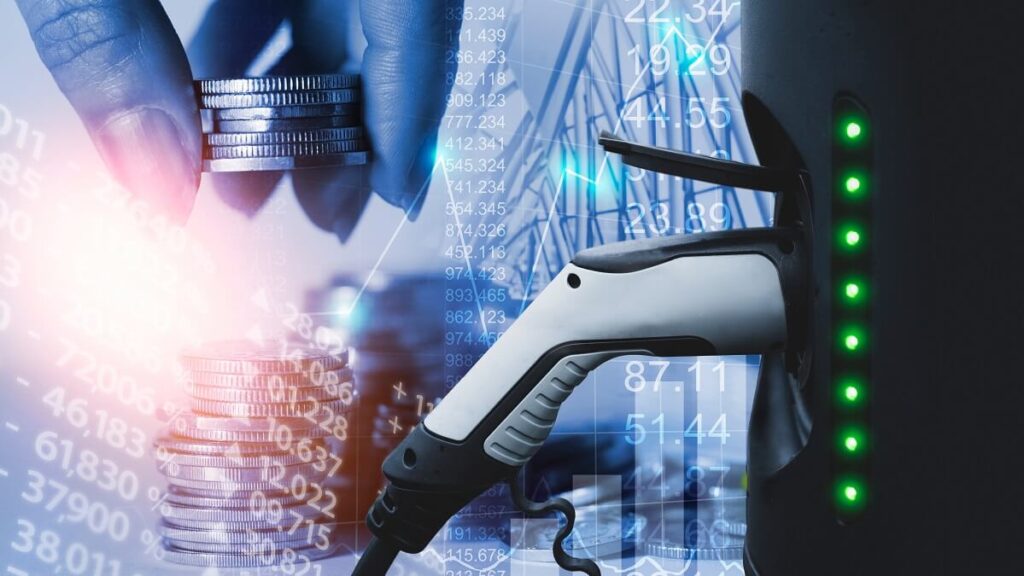When it comes to buying a new car, price is obviously an important factor. The cheapest car that meets your needs and wants is most people’s aim. It’s also worth considering your new car’s likely resale value. And the latest data suggests you should think very carefully when looking at buying an electric vehicle (EV).
That data indicates EVs have below average resale value. Depending on the age of the EV, it could be well below the average. The data is current, taken from dealer and private used-car listings in Australia in December 2023. It points to a big proportion of EVs losing their value after the two-year mark.
Even below the two-year mark, EVs rate lower than their traditional car counterparts. Figures show that across the entire used car market, vehicles under two years old retain 95.5 per cent of their original value. But looking solely at EVs under two years old, that relative value slumps to 82 per cent.
From there it only gets worse. EVs in the two to four year old range retain 57.6 of original value. That’s well below the value of the entire range of vehicles that age – 85.9 per cent.
In the five- to seven-year age range, the value across the entire market is 68.8 per cent. For EVs, it’s a lowly 24.1 per cent.
Why do EVs lose their value so quickly?
While the raw data doesn’t provide a ready answer to this question, a number of factors are likely at play. So says James Voortman, CEO of the Australian Automotive Dealers Association.
The first of those suggests the EV values should be treated with caution. “It must be said there aren’t many EVs on the used car market,” he said. “Those that are there are between one and four years old so … the data set isn’t … mature.”
Mr Voortman suggested that another year’s data would help to gain a clear picture.
Secondly, Mr Voortman suggested the sub-par prices were not necessarily an indicator of lower quality. Rather they could be partially attributed to consumer uncertainty around EV battery longevity or, more likely, “market dynamics”, he said.
“We don’t believe it’s anything to do with the product, we think these are excellent cars,” Mr Voortman said. “It’s more to do with market dynamics, improving supply of EVs relative to demand and, because of that improving supply, significant price cuts from EV manufacturers.”
The other indicator
Another measure of buyer demand in the second-hand car market is ‘average days to sell’. Unfortunately, EVs rate relatively poorly in this area too. Vehicles up to two years old take an average of 52 days to sell overall. But looking at EVs in isolation, the average time frame is 75 days. The numbers are similar in the two- to four-year age range – 51 days overall and 77 days for EVs. But for cars aged five to seven years, EVs lose out badly, taking an average of 94 days to sell. This compares very poorly to the overall average of 50 days.
This discrepancy again may be more a result of perception rather than actual relative quality.
Regardless of the reasons, it could be some time before parity between EVs and the rest of the used car market is reached. So if, and when, you buy a new car, keep that in mind.
Have you been looking at EVs? Do you have any doubts about prices and technologies? Let us know via the comments section below.
Also read: Electric vehicle fire risk may force insurers to lift premiums

